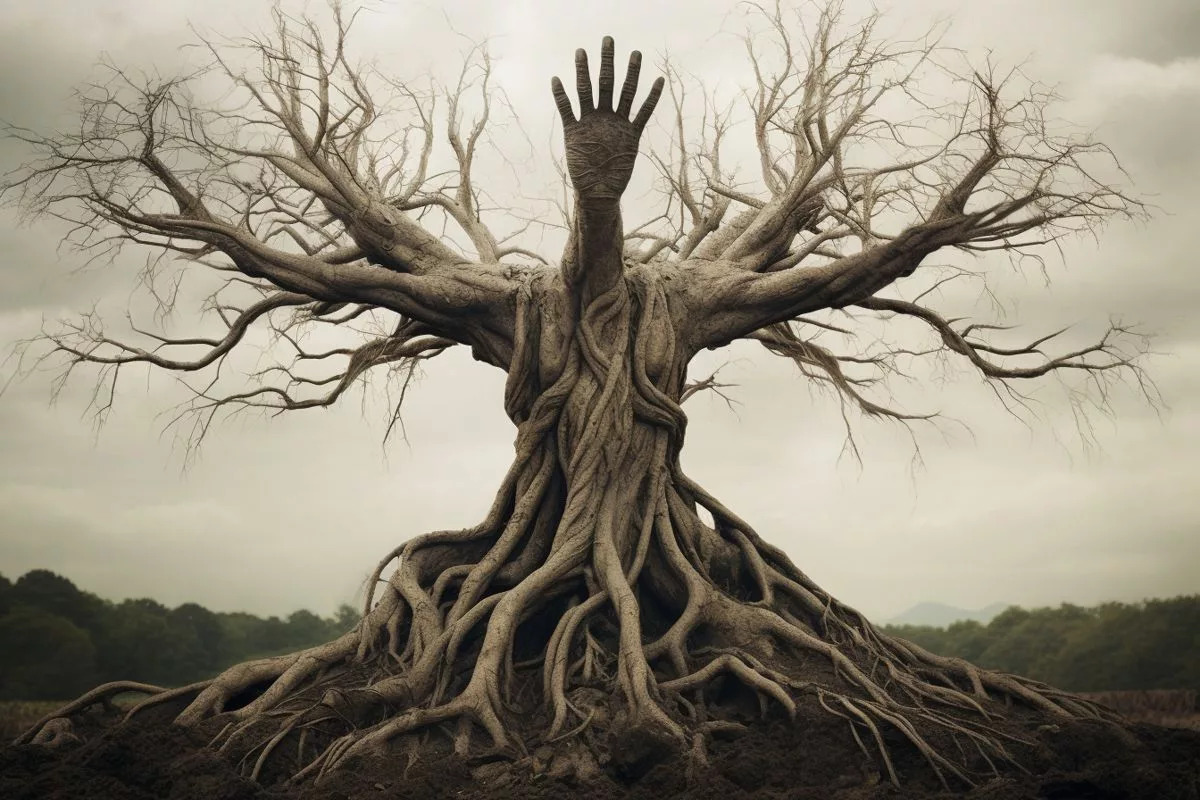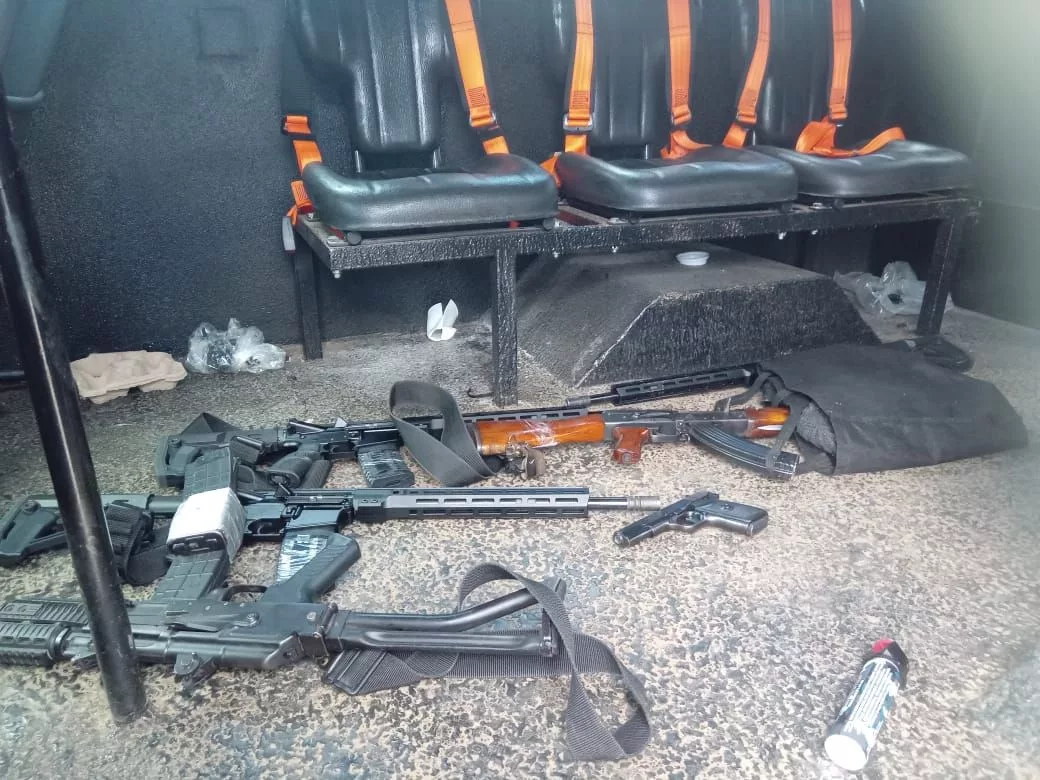President Cyril Ramaphosa of South Africa has been vocal about the urgent need to tackle corruption in the country, calling it a threat to democracy. He aims to create a society where corruption is nonexistent and upholds the principles of social justice, human dignity, accountability, transparency, and the rule of law. The battle against corruption requires the cooperation of law enforcement agencies, the judiciary, the media, civil society, and citizens of South Africa, and significant resources have been allocated towards rebuilding law enforcement agencies and other bodies devastated by state capture.
What is President Cyril Ramaphosa’s stance on corruption in South Africa?
President Cyril Ramaphosa has been explicit in his stance that the battle against corruption must be amplified in South Africa as it is a threat to democracy. The objective is to foster a society where corruption is nonexistent, upholding the principles of social justice, human dignity, accountability, transparency, and the rule of law. The war on corruption is a joint endeavor, requiring the cooperation of law enforcement agencies, the judiciary, the media, civil society, and the citizens of South Africa.
In the face of an historic marker, South Africa braces itself for its 30th year of emancipation. It’s a significant time for introspection and contemplation. At the National Dialogue on Anti-Corruption, President Cyril Ramaphosa stepped onto the stage to discuss the country’s battle against corruption.
The dialogue took place at the Birchwood Hotel, in the bustling hub of Gauteng, casting light on the nation’s journey since achieving independence. Surrounded by esteemed guests and leaders from various sectors, President Ramaphosa evaluated the progress South Africa has made towards enhancing the conditions for its citizens.
The President acknowledged the policies that have significantly alleviated absolute poverty, enabling the delivery of fundamental services, such as housing, electricity, and water. Nevertheless, the acknowledgment of these accomplishments is balanced with a frank admission of the unfulfilled aspirations and areas where the pledge of democracy remains uncertain.
The Corruption Quagmire: A Threat to Democracy
The most prominent among these failures is corruption, a scourge robbing not only resources but also shattering the trust in democratic principles. It impedes economic progress, hinders development, and leaves businesses struggling. The most impoverished sections of society are often the ones paying the heaviest price for these dire consequences.
President Ramaphosa was explicit in his stance: as South Africa enters its 30th year of democracy, the battle against corruption must be amplified. The objective is to foster a society where corruption is nonexistent, a society that upholds the principles of social justice, human dignity, accountability, transparency, and the rule of law.
To genuinely address and combat corruption, it is crucial to recognize its deep-seated roots. As President Ramaphosa pointed out, corruption is not a product of the democratic regime. It has a shameful, long history, with apartheid being both morally and materially corrupt.
Working Together: A Collective Battle Against Corruption
The downfall of apartheid was more than just a political revolution; it was a moral uprising. The vision for the post-apartheid era was to construct a nation grounded on honesty, integrity, and ethical behavior, values that are deeply embedded within the South African Constitution.
The war on corruption is a joint endeavor. It requires the cooperation of law enforcement agencies, the judiciary, the media, and civil society. It also depends on the actions of the South African citizens who have persistently raised their voice against state capture and corruption in all its forms.
The State Capture Commission plays a pivotal role in this battle. Its operation and establishment bear witness to the resilience of South African democracy. The commission’s revelations about the extent of state capture and corruption laid the foundation for rectifying the damage caused and avoiding future occurrences.
The National Anti-Corruption Advisory Council was appointed in response to the Commission’s recommendations, tasked with advising the government on how to confront the structural causes and impacts of corruption. Significant resources have been allocated towards rebuilding the law enforcement agencies and other bodies devastated by state capture.
The government has kick-started 16 legislative reforms based on the Commission’s recommendations, with eight already underway in Parliament. These reforms cover an extensive range of areas, from public procurement and administrative reform to the conduct of public servants and electoral reform.
While these actions manifest the government’s resolve in fighting corruption, they do not absolve individuals and companies who have profited at the people’s expense. Legal proceedings have been initiated against culprits, freezing orders have been implemented, disciplinary actions have been carried out, and unpaid taxes have been collected.
The Road Ahead: Safeguarding South Africa’s Democratic Values
This anti-corruption battle, as emphasized by President Ramaphosa, requires the unified effort of all stakeholders. This National Dialogue serves as a rallying cry – to uncover additional measures, reinforce shared commitment, and strive towards creating a South Africa that supports an ethical society grounded on democratic values.
As South Africa commemorates this historic year, the battle against corruption is accelerating. It’s a shared fight against a common adversary, a mission to secure democracy, and a pursuit to construct an ethical society envisioned by the nation’s constitution.
What are the consequences of corruption in South Africa?
Corruption in South Africa has dire consequences, including hindering economic progress, impeding development, and leaving businesses struggling. The most impoverished sections of society often pay the heaviest price for these consequences.
How does President Cyril Ramaphosa plan to tackle corruption in South Africa?
President Cyril Ramaphosa has been explicit in his stance that corruption must be tackled in South Africa. He aims to create a society where corruption is nonexistent and upholds the principles of social justice, human dignity, accountability, transparency, and the rule of law. The battle against corruption requires the cooperation of law enforcement agencies, the judiciary, the media, civil society, and citizens of South Africa, and significant resources have been allocated towards rebuilding law enforcement agencies and other bodies devastated by state capture.
Why is the State Capture Commission important in the fight against corruption?
The State Capture Commission plays a pivotal role in the fight against corruption by laying the foundation for rectifying the damage caused and avoiding future corruption. Its revelations about the extent of state capture and corruption led to the appointment of the National Anti-Corruption Advisory Council, tasked with advising the government on how to confront the structural causes and impacts of corruption.
What actions has the government taken to fight corruption in South Africa?
The government has initiated 16 legislative reforms based on the Commission’s recommendations, with eight already underway in Parliament. These reforms cover an extensive range of areas, from public procurement and administrative reform to the conduct of public servants and electoral reform. Legal proceedings have been initiated against culprits, freezing orders have been implemented, disciplinary actions have been carried out, and unpaid taxes have been collected.
Who is involved in the fight against corruption in South Africa?
The fight against corruption is a joint endeavor and requires the cooperation of law enforcement agencies, the judiciary, the media, and civil society. It also depends on the actions of the South African citizens who have persistently raised their voice against state capture and corruption in all its forms.
Why is the battle against corruption important for South Africa’s future?
The battle against corruption is important for South Africa’s future because corruption is a threat to democracy, hindering economic progress, impeding development, and leaving businesses struggling. By tackling corruption and upholding the principles of social justice, human dignity, accountability, transparency, and the rule of law, South Africa can create a society that supports an ethical society grounded on democratic values.








